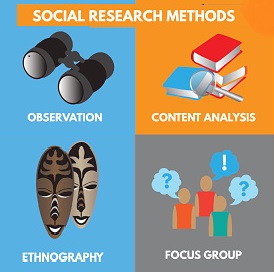Methodology

The project combines theoretical inputs from metaphor and textbook research and proposes a complex qualitative methodological approach, which includes content analysis of linguistic and visual metaphors in textbooks, ethnographic observation of classroom interaction and focus group-based insights into metaphor understanding by young children.
1. Content analysis
A content analysis will be carried out on a corpus comprising 26 textbooks for Physics, Chemistry and Biology textbooks approved by the Romanian Ministry of Education for lower secondary education (grades 5 to 8) to identify and classify metaphors (both linguistic and visual) in science textbooks. Metaphor Identification Procedure (Pragglejaz, 2007) will be used to identify linguistic metaphors and Deignan's (2005) corpus-based classification will be used for metaphor grouping.
2. Classroom observation
Classroom activity in which meaning is co-constructed and knowledge is generated through student-teacher interaction will be examined through ethnographic fieldwork.Classroom observation will be conducted in 7 schools located in urban (2 schools in Bucharest, 1 in Cluj-Napoca and 1 in Vaslui) and rural areas (1 school located in the periphery of Bucharest, 1 near Cluj-Napoca and 1 near Vaslui). In each of these interaction settings, the project will examine how metaphors mediates science thinking and learning. The role of teachers as facilitators of textbook content and the expert-novice relationship in science education will also be investigated.
3. Focus group
Students use metaphors creatively to make sense of complex, abstract scientific concepts they learn in school. The project seeks to explore young people's understanding of scientific metaphors. To achieve this objective focus groups will be conducted in selected schools and the Goal-Directed Interactive Think-Aloud (GITA) method inspired by Cameron (2002, 2003) will be used. GITA allow the students to make sense of the scientific metaphors in textbooks through collaborative talking-and-thinking.






